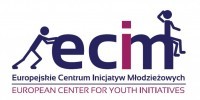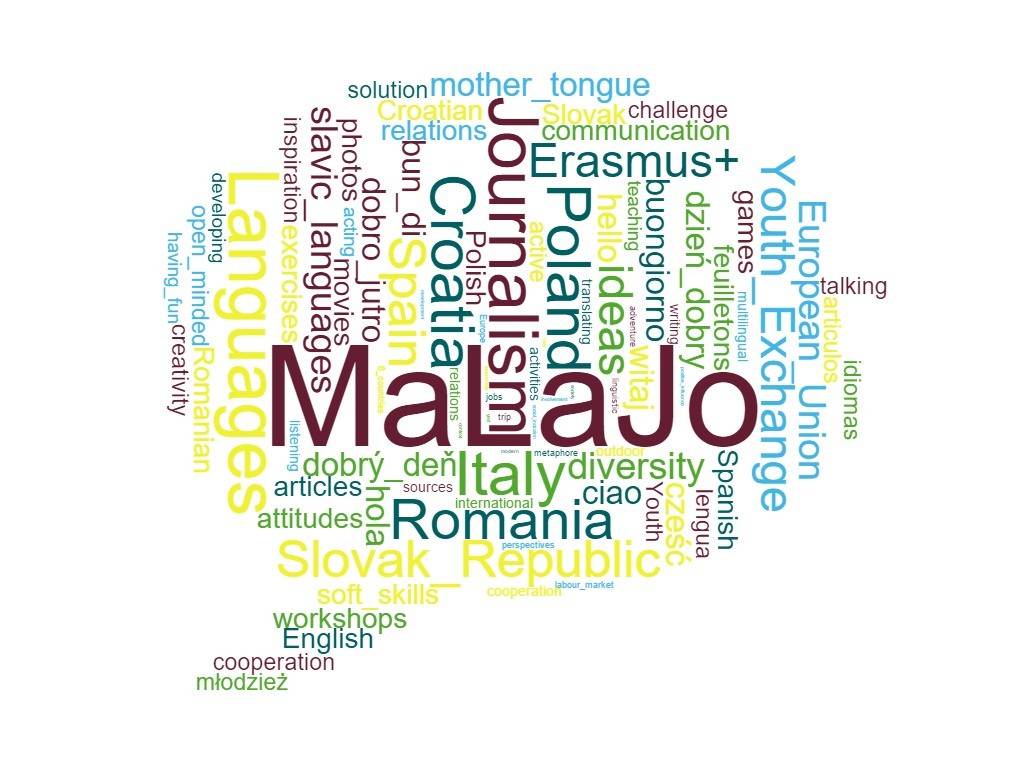Project Title: Many Languages of Journalism
Context of the project:
Active European citizenship, Languages learning, Promoting forms of expression
The project “Many Languages of Journalism” is the common idea of representatives of six organizations, who together with young volunteers active within the framework of their organizations, helped to identify existing needs of themselves and their peers. The project aim is to support the development of the youth sector by contributing to the improvement of the situation in 3 areas:
1) Foreign languages learning – giving young people real opportunities to practice foreign languages (English as a working language, but also other languages – similar and completely different, during workshop with use of all six national languages) and to identify opportunities that follow knowledge of foreign languages;
2) Development of participants competences related to life in civil society, intake of certain attitudes, expressing and defending their own opinion, critical perception of information as well as the use of existing technological capabilities, developing creativity among young people, self-esteem and importance for their societies;
3) Promotion of personal development and the acquisition of soft skills through participation in initiatives such as the Youth Exchange of Erasmus+.
Objectives of the project:
– Promoting languages learning and multilingualism as a means of finding oneself in foreign labor markets and gaining experience, next competences, international contacts and development of cooperation;
– Activating and stimulating young people’s creativity;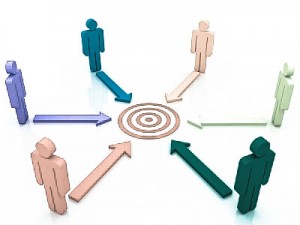
– Promoting non-formal learning for the development of knowledge, experience and competence in order to broaden Youth opportunities for personal growth and improve their situation on the labor market;
– Presenting opportunities offered by information and communication technologies to navigate within modern states and societies also for creation of different forms of expression;
– Showing the important role of young people contributing to exploit existing relationships and development;
– Strengthening intercultural dialogue, possibly by identifying common elements (including linguistic proximity of many countries and cultures) or values and by raising knowledge about other States and cultures;
– Promoting European integration by promoting existing opportunities and possibilities offered by the EU among participants, their peers and communities.
Participants:
Group of 30 young, active people, aged 18-26 from Croatia, Italy, Poland, Romania, Slovak Republic and Spain, as well as the group leaders – a total of 36 people.
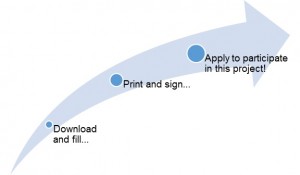
Participants Application Form_MaLaJo
Description of activities:
 The main activitiy of the project “Many Languages of Journalism” was be Youth Exchange, which took place in Zakopane in Poland. During 10 intensive days participants had the opportunity to acquire different knowledge, experience and competence during different tasks and activities.
The main activitiy of the project “Many Languages of Journalism” was be Youth Exchange, which took place in Zakopane in Poland. During 10 intensive days participants had the opportunity to acquire different knowledge, experience and competence during different tasks and activities.
Youth Exchange ‘Breaking down cultural barriers through the use of various ‘languages’
Dates: July 22-31, 2016 + travel days
Methodology:
The methodology was based on the elements of non-formal education. The tasks required not only knowledge of English language, but also openness to other languages and going out of the so-called. ‘comfort zone’. Learning through challenges and perform tasks in mixed groups made young people working in a friendly environment, to exceed their boundaries and develop their powers in accordance to a holistic approach (Knowledge-Experience-Competence). Competence development was possible through action and experience (Action-Experience-Reflection-Conclusion-Action); development and learning through challenges; diversified education, as well as acquainting participants with the idea of responsibility for their own education and development – own contribution of participants.
Results:
– The acquisition knowledge and experience, as well as new competencies on the topic of the project and an active civic life by participants;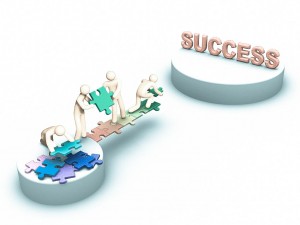
– Construction of an open, active and creative group of young people;
– Increase of their awareness of the existing possibilities and opportunities, as well as their potential (self-esteem, self-confidence, etc.);
– The development of interpersonal and social competence – development of key competences included in the soft skills associated with moving within groups and communities;
– Raise of job chances and improve of the situation of young people in the labor market;
– Promotion of language learning, non-formal education and Erasmus+;
– Prepared by the participants text, photos, presentations, videos and evaluation report for exchange of good practice.
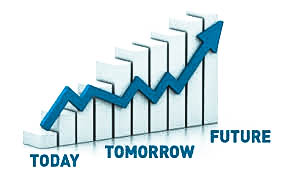 The impact of the project and the long-term benefits:
The impact of the project and the long-term benefits:
The impact of the project should be understood primarily as increasing the role and participation of participants in their societies, promotion of the idea and values of EU and existing opportunities and capabilities among target groups, as well as transfer of knowledge and experience and creation of other local, regional, national or international initiatives where young people will share their competences with others. Described objectives, assumptions, actions, and their impact on the participants and the target group in the long run will have an impact not only on the local and regional level, but also national and international. Their attitude to produce incentives to its natural environment – at the university, at work, among friends, will result in the activation of a wider group of people who understand that thanks to the participation and creativity that make up the entrepreneurial attitude to everyday life, you can gain act more efficietly in your group, community or even the whole society.
